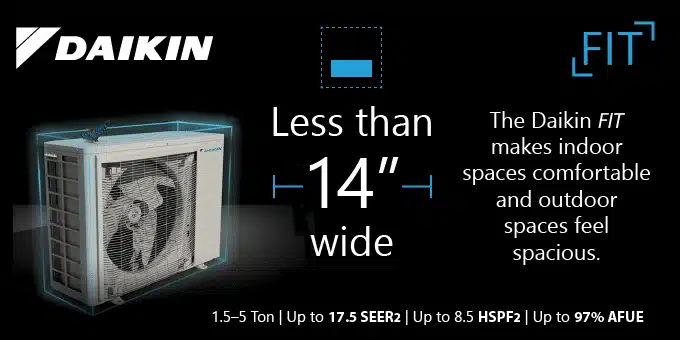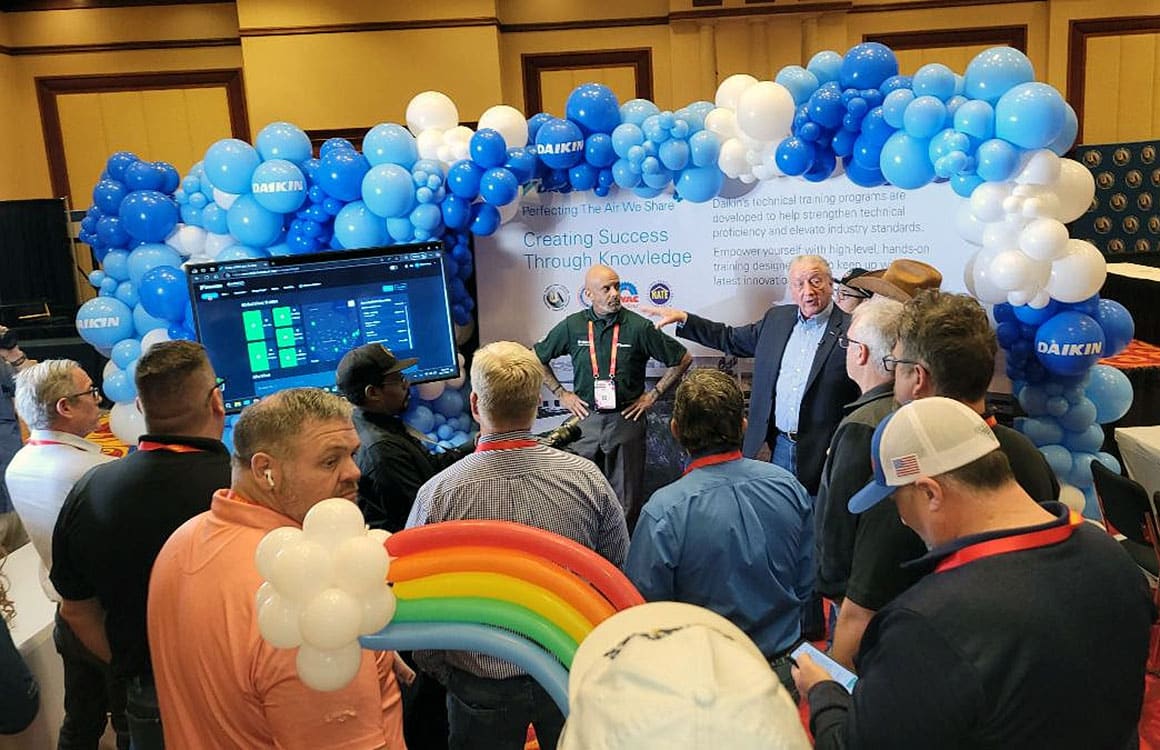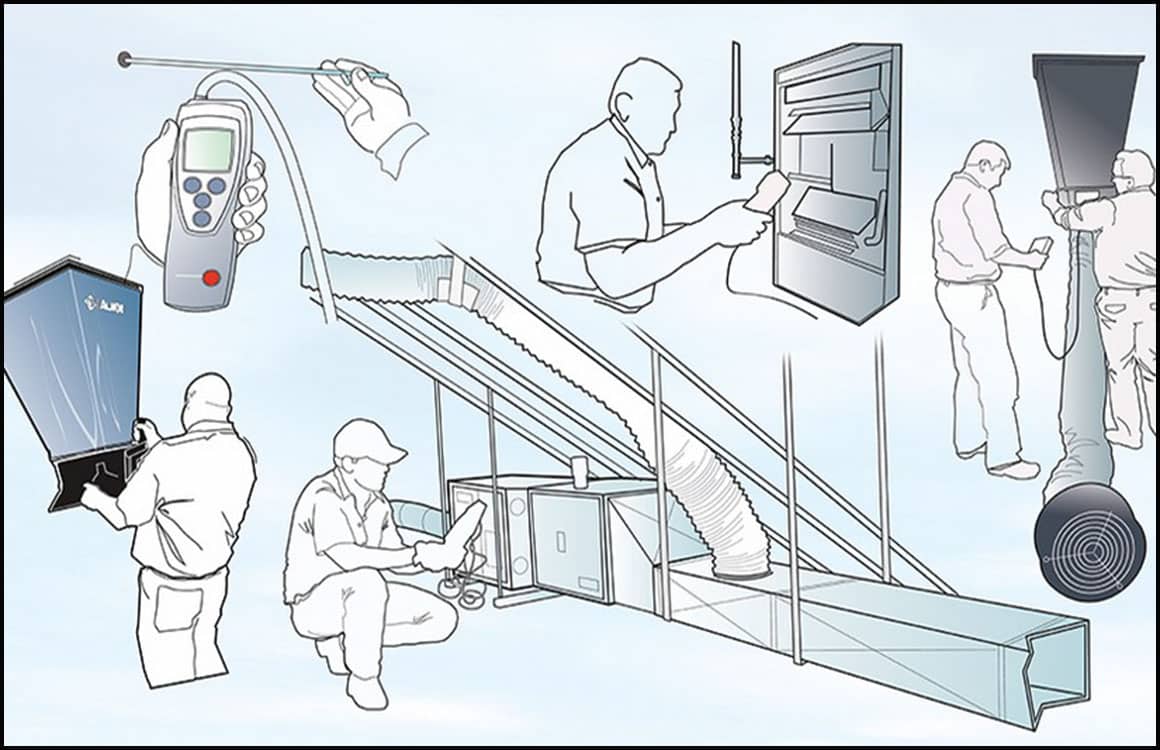By Trent Cotney
Workers’ compensation fraud is a common issue that plagues all workplaces, including the construction industry. Unfortunately, there are over 30 billion dollars wrongfully allocated to claimants annually who cheat the system by successfully filing a fraudulent workers’ compensation claim. Although some of these claims are willful in nature, involving employees that falsely reported an injury, many workers’ compensation claims are made in good faith. However, that doesn’t mean they should have been covered. Construction employers should always keep an open line of communication with a workers’ compensation defense attorney in Florida who can answer any questions related to this complicated area of the law.

In this brief article, we will provide three common reasons why an employee should be denied coverage. Remember, if your construction business requires advice related to workers’ compensation requirements, please consult our workers’ compensation defense attorneys in Florida.
1. The Employee Fails to Report the Injury Promptly
A late attempt at obtaining coverage is one of the most common reasons why a claim is denied. There are several types of incidents that can raise a red flag. Monday morning injuries, injuries that occur when an employee is injured without witnesses, or injuries that are reported well after they allegedly occurred are all examples of claims that may raise eyebrows for employers and insurance companies alike. If an employee fails to report an injury to their employer in a timely fashion, it will be much more challenging for the employee to prove that the accident occurred during company time.
2. The Employee Ignores Their Employer’s Request for Treatment
Chances are that your employee may not fully comprehend the workers’ compensation process when they are injured. When workers are hurt on the job, it’s important for the employer to walk them through the workers’ compensation process as well as their options for coverage. For example, a worker may be legitimately injured during work hours but may refuse treatment unless it’s from their preferred doctor. However, the employer and the health insurance company may require the employee to visit a different medical provider. If an employee elects to seek treatment from a medical provider outside their employer’s coverage network, this can result in the treatment they received being denied coverage.
3. The Employee Has a Pre-Existing Condition
A pre-existing condition is defined as any previous medical condition or an aggravation of a pre-existing injury. In other words, it’s an old injury that can flare up from time-to-time, like a bad back or a repetitive motion injury. However, if the origin of the injury wasn’t work-related in nature and the worker had not previously filed a claim related to an injury, chances are that a workers’ compensation claim for a pre-existing condition will be denied.
Author’s note: The information contained in this article is for general educational information only. This information does not constitute legal advice, is not intended to constitute legal advice, nor should it be relied upon as legal advice for your specific factual pattern or situation.
Trent Cotney is Florida Bar Certified in Construction Law, General Counsel and a member of the Florida Refrigeration & Air Conditioning Contractors Association (FRACCA) and a member of RACCA. For more information, contact the author at 813-579-3278 or go to www.hvaclawyer.com.

















